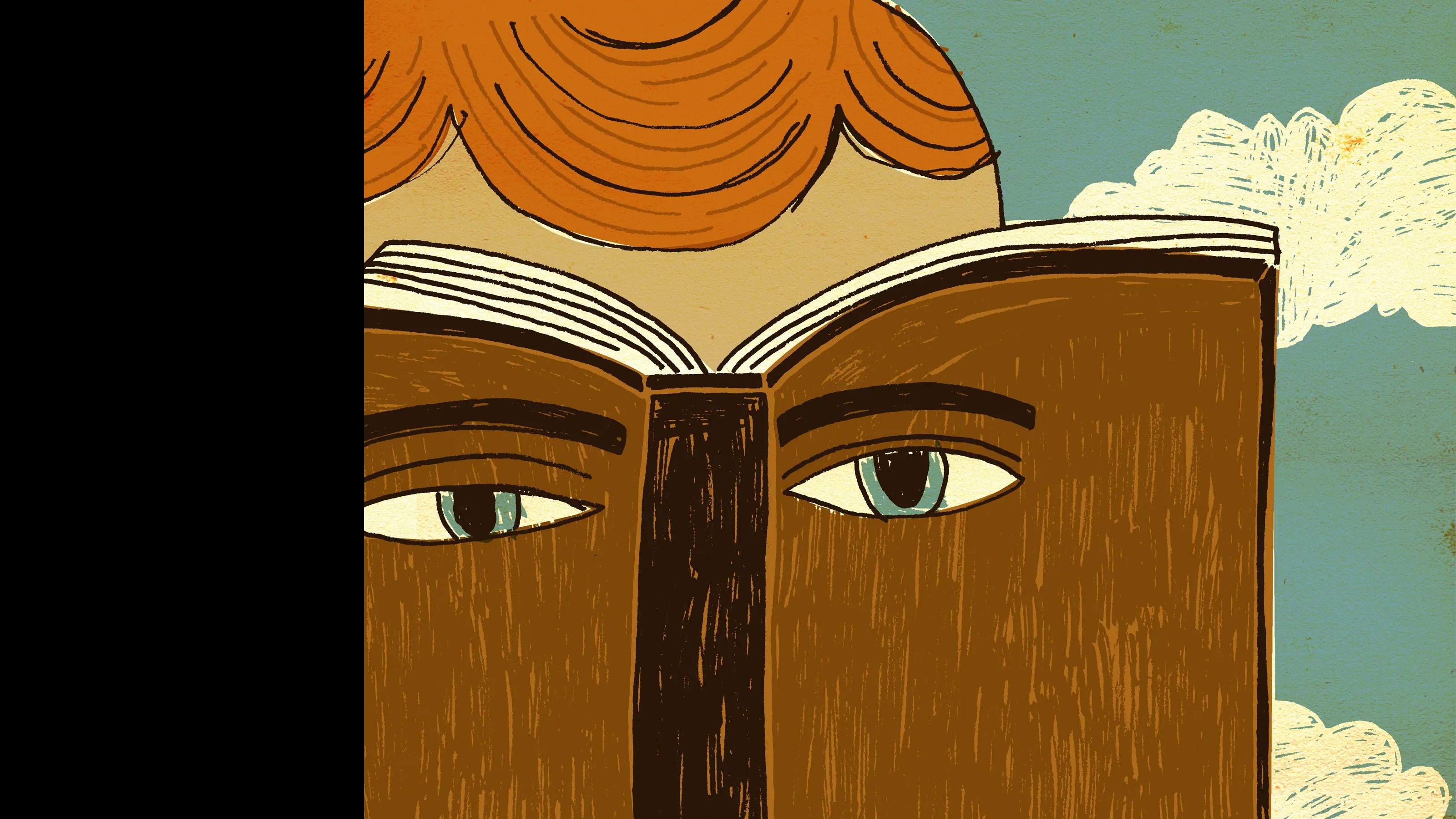書を読むという行為が、人間の成長や知的能力の向上に必須なものであることを、かつての社会は経験法則的に理解していたのではなんだろうか。
Perhaps people in the past empirically understood that the act of reading books was essential for human growth and the improvement of intellectual abilities.
。
There is no doubt that memorization, whether forced or through self-discipline, is an educational method that focuses more than anything else on developing the habit of reading.
。
However, what about our generation? We have always believed that books are essential items that cannot simply be compared to visual or audio media, and that reading is a fundamental skill, but it is undeniable that, due to recent social and economic changes, we are gradually losing that confidence.
。
It can be called a “sign of the times” that means of expression other than printed characters have come to have great influence, but when cultural changes occur too rapidly or a dominant culture replaces another, it can sometimes bring about unforeseen negative consequences.
。
Despite the existence of many types of printed fonts, since the mid-1980s, the number of books that offer the unique joy and pleasure of contemplation, or that serve as a support in life, has relatively decreased. Instead, bookstore shelves have become dominated by informational books and short-lived publications aimed at converting visual culture into books.
。
In households, bookshelves are also disappearing due to limited space.
。
Also, at that time, it had become common for media theory to consider the essence of image culture and print culture, but looking back, I wonder if we lacked the sensitivity to predict what would happen if traditional print culture were to decline.

